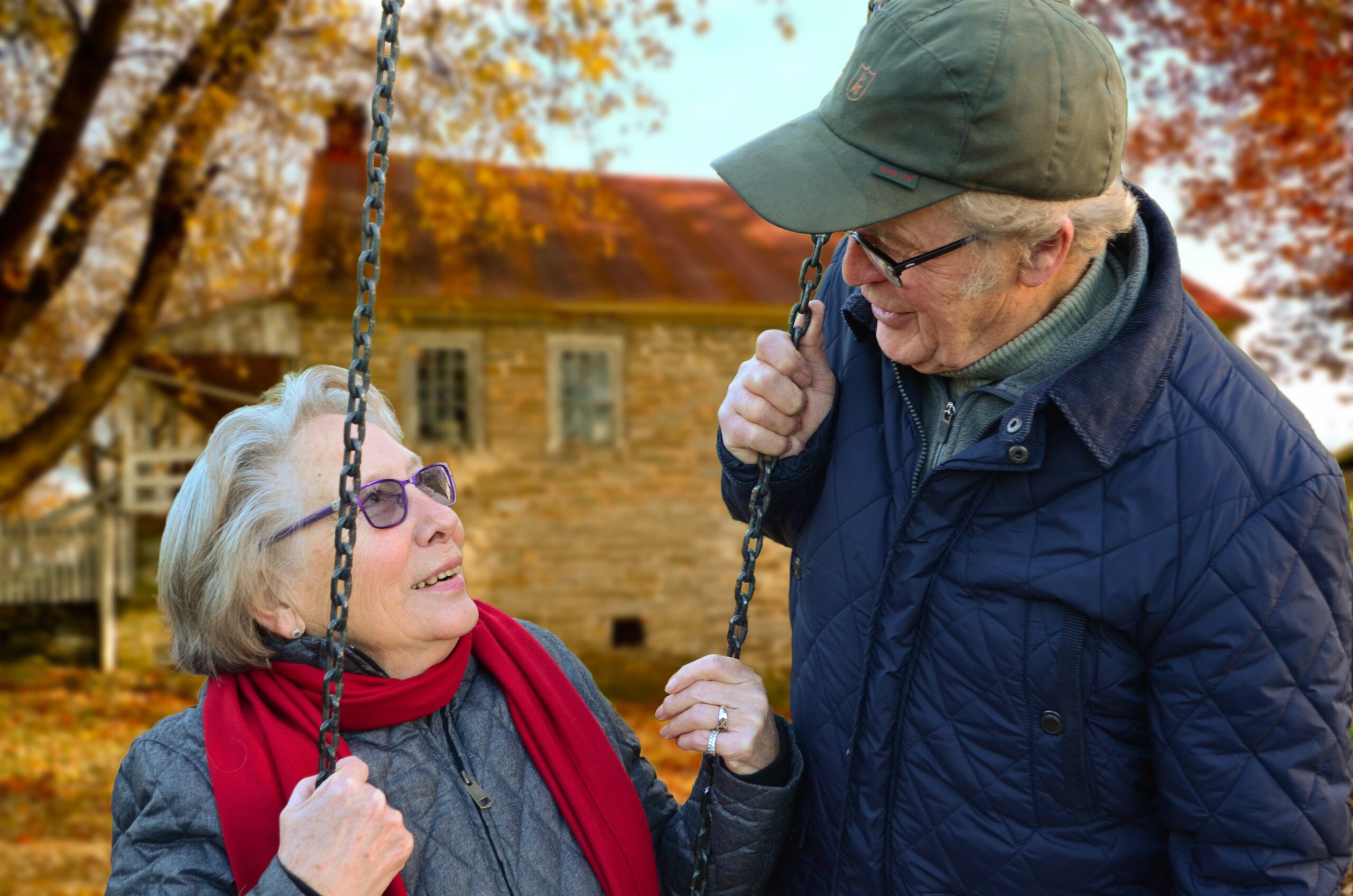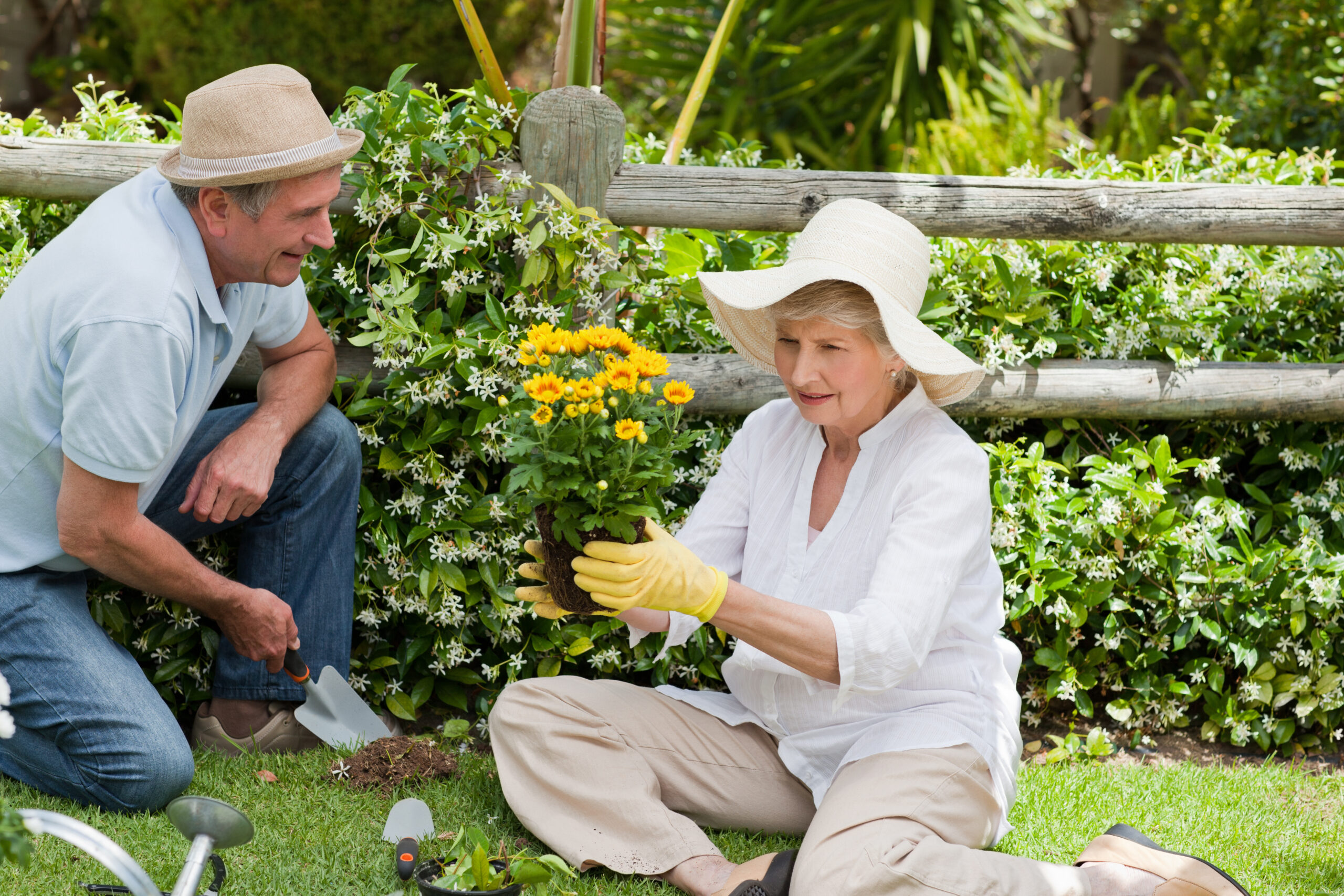Barriers to Expressing Meaningful Sexual Behaviours
Care staff, residents, and their families may feel uncomfortable discussing an older person’s wishes to engage in intimate or sexual behaviours. This perceived discomfort can discourage residents from engaging in their preferred behaviours.
Residents may face various other obstacles that prevent them from expressing their sexuality in the way they desire. Addressing these barriers is crucial whenever feasible. Here are some examples of such barriers, along with considerations and suggestions on how to help residents overcome them.

Privacy
- A lack of privacy within the care home can be a major barrier to residents feeling willing or able to engage in meaningful sexual behaviours.
- Ensure that residents have privacy and confidentiality at all times, particularly when engaging in sexual activities, including access to private spaces.
- Make accommodations where possible for the resident to have privacy when engaging in these behaviours. This may include a private room, a lock on their door, or a ‘do not disturb’ sign.
Not having an available or able partner
- The availability of a partner who is able and willing to partake in the desired intimate and sexual behaviours is a common barrier which prevents residents from expressing their sexuality.
- The availability of an existing partner may also present as a barrier, particularly where one partner resides within the long-term care home, and the other resides outside of the care home.
- Facilitate visits from the resident’s partner, and encouraging private time spent together.
- Offer senior-specific social groups to facilitate connections among like-minded individuals.
- Organise social events within the aged care facility to encourage residents to form friendships and potential romantic connections.
- Provide intimacy and sexuality related education and resources, including the use of sex toys, to enable residents to safely and comfortably explore their sexuality on their own if they are not able to find a suitable partner.
- Create a supportive environment within the facility that is accepting of residents’ intimacy and sexuality expression, which may help residents feel more comfortable discussing their needs and preferences as well as seeking out potential partners.
Medications
- Some prescribed medications may affect residents’ ability to engage in sexual activities, and also affect sexual function, responsiveness, sensitivity, reaction, and libido.
- Encourage residents to consult with their care team to discuss their concerns relating to medication, and strategies to overcome any limitations.
- Medications may be able to be altered to accommodate any limitations in sexual expression.
Physical health
- Physical health problems can hinder the meaningful expression of intimacy and sexuality, such as by presenting difficulties in performing physical acts, decreases in libido, and increases in fragility.
- Encourage residents to consult with their care team, including their GP or medical practitioner, to discuss their physical health and any limitations this may cause them to engage in intimate and sexual behaviours.
- Seek support and guidance from professionals with expertise in sexual health and aging, such as geriatrician, geriatric sex therapists or counsellors, to ensure that the residents’ needs are met in a healthy and safe manner.
- Provide education to the residents on strategies they can use to address physical health limitations when engaging in sexual activity, for example, the use of lubricant and a slower sexual pace.
Organisational culture
- A negative organisational culture can discourage and deter residents from engaging in meaningful intimate and sexual behaviours.
- Encourage an organisational culture and values which is responsive, aware, and supportive of the residents’ sexual needs and preferences.
- Make effort to remove or reduce any barriers to residents’ engaging in their preferred intimate or sexual behaviours.
- Normalise the natural need for residents to engage in intimate and sexual behaviours by providing care staff with education to normalise intimacy and sexuality expression within the aged care setting.
Cultural values, beliefs, and attitudes
- Conservative cultural beliefs, values, and attitudes can lead to negative views of an older person’s wish to engage in meaningful sexual behaviours.
- The family of an older person may have differing beliefs of what is appropriate behaviour, which is inconsistent with the preferences of the older person.
- Behaviours which are acceptable in one culture may not be acceptable in other cultures.
- It is important to be culturally sensitive and be aware of cultural differences, whilst avoiding any sexual prejudices and preconceptions.
Social norms and care staff attitudes
- Care staff can impede residents engaging in sexual behaviours by failing to support or facilitate activities, expressing disapproval, or showing discomfort.
- Normalise the natural need for residents to engage in intimate and sexual behaviours by promoting open discussions.
- Discuss the resident’s preferences and needs, where appropriate, with the care team to prepare them for potential behaviours.
- Provide care staff education to normalise intimacy and sexuality expression within the aged care setting.
Cognitive impairment
- Residents with dementia may be discouraged by care staff to engage in intimate or sexual behaviours.
- Dementia raises a number of issues regarding the ability to provide consent, and the responsibility of the care staff for the wellbeing of the resident.
- Dementia can also lead to changes in sexual behaviours, including reduced interest in sexual activities, sexual confusion, or lowered levels of inhibition.
- Decisions need to be made on a person-basis to consider their level of cognitive impairment and ability to consent to sexual activities.
- Whilst some residents may be able to indicate consent with both verbal and non- verbal cues, care staff should monitor for any signs of ill-being or sexual abuse.

